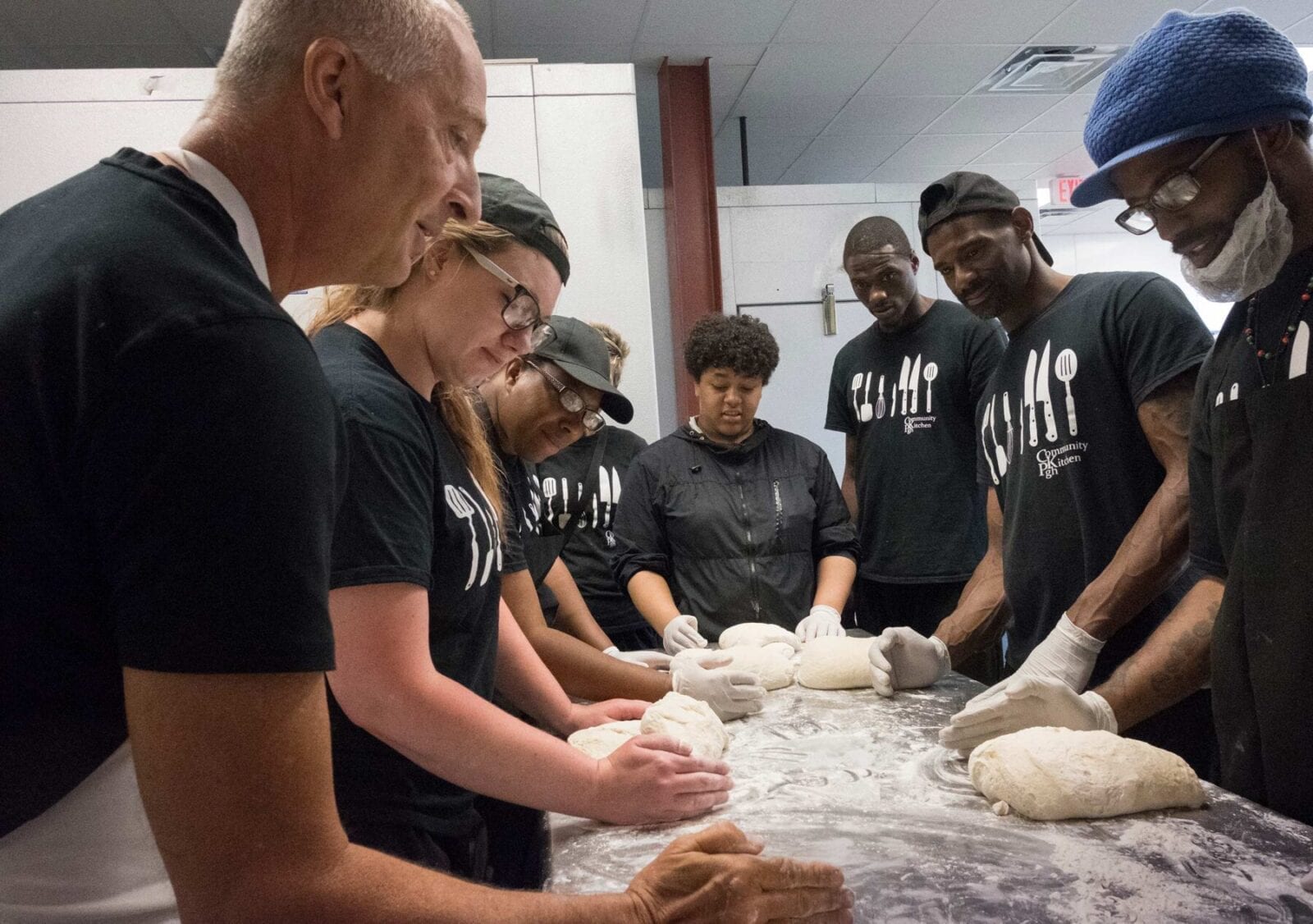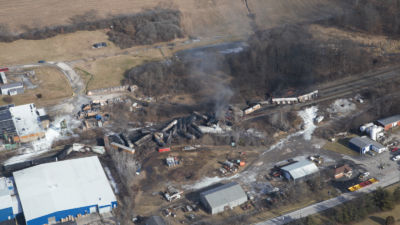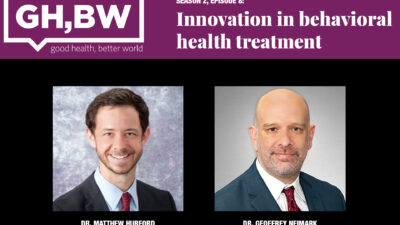A job is more than an identity, and a way to earn money to support yourself. A person’s job — or lack thereof — can affect mental and physical health.
But often there’s barriers to getting a job. Maybe it’s education. Or even transportation.
In Episode 3, host Ellen Beckjord talks to Teresa Miller, secretary of the Pennsylvania Department of Human Services. The agency, with a $40 million annual budget, administers public assistance, childcare, long-term care, behavioral health, and more. Most people in the state will interact with the agency at some point in their lifetime to access services.
Miller has focused on collaborating with other agencies to advance Gov. Tom Wolf’s health innovation and workforce development agendas. Read part of the conversation, here, then listen to the entire podcast.
One of the initiatives that you've put a lot of momentum behind is employment. Could you talk a little bit about your views on employment in the realm of social determinants of health?
If we want our healthcare system to be effective, we need to see people for who they are and what they experienced throughout their lives, not just who they are when they present in that doctor's office or in that healthcare setting.
This pandemic has laid bare the serious inequities that persist in Pennsylvania and around the country and the precarious situations so many people live in.
If a person is having adverse outcomes that indicate that they have stress or trauma in their lives, how can we help overcome that?
A work requirement is a really blunt instrument. It doesn't get a person a job. It doesn't address the social and educational and environmental barriers that keep people in that cycle of poverty. Instead, it jeopardizes their access to healthcare and other essential needs.
So that's why we started looking at our programs to say, how can we do a better job of helping people navigate and overcome the barriers they're facing and achieve their education, their training, their employing the goals, and help them get to living wage jobs and help them transition off of public assistance for the long term. That's really been our focus.
How are you thinking about meeting the needs of individuals who are perhaps for the first time are facing social determinant issues, food security, housing, security, employment security?
The circumstances that people are living through right now make everything we just talked about so much more important and critical because this pandemic has laid bare the serious inequities that persist in Pennsylvania and around the country and the precarious situations so many people live in.
I know sometimes people can be hesitant to apply for public assistance programs, but I want to remind people, what we are facing now is exactly why these programs exist.
We are here to ease difficult times and ensure that people can meet basic needs, but like being able to go to the doctor and having enough to eat, and if we're able to help people who've lost income or help them get a lead on a new job or help them pursue a new field, I think that's a bonus.
Listen to the rest of the conversation on the Good World, Better Health podcast.
Learn more about programs through the Pennsylvania Department of Human Services.
If you’re interested in learning more about the employment programs available through Pathways to Work, a workforce development program by the UPMC Center for Social Impact, please visit here, email us at [email protected], or call us at 1-833-526-6271. (TTY: 711)







